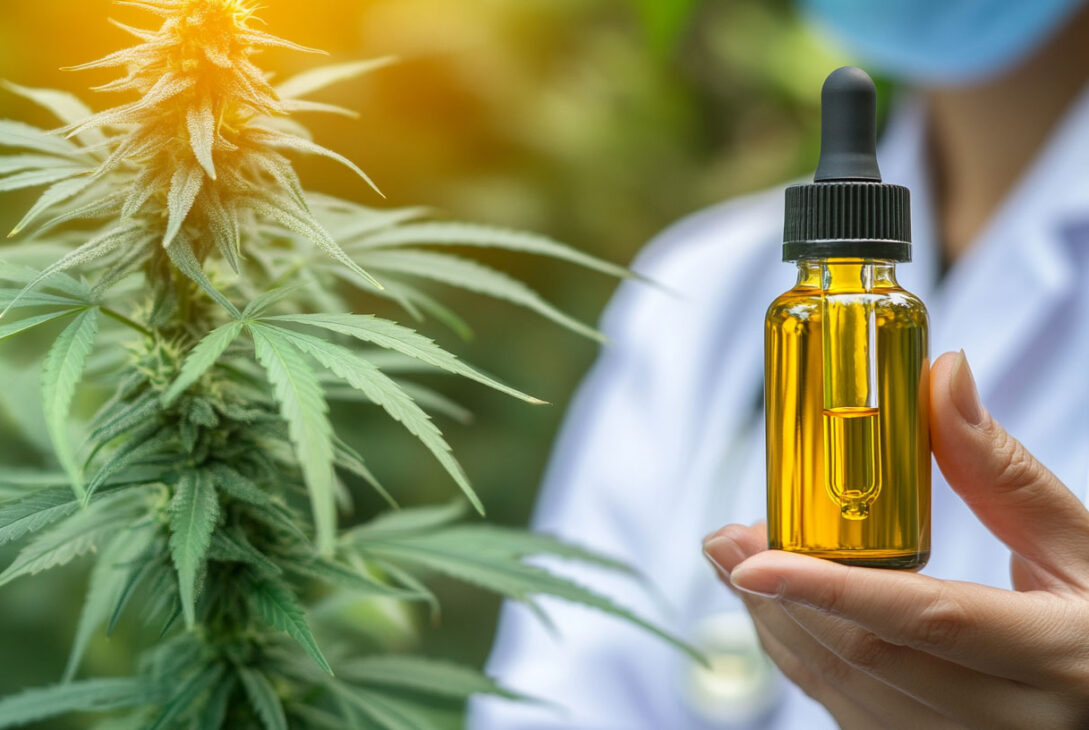Introduction to the Neurological Effects of CBD on Epilepsy Patients
Epilepsy is a complex neurological disorder marked by recurrent seizures that have long-lasting effects on the lives of those affected. In the United States alone, around 3.4 million people live with epilepsy, and the search for effective treatment options remains a priority for many of these individuals and their families. Amid traditional treatments, cannabidiol (CBD) has emerged as a beacon of hope, thanks to its non-psychoactive nature and potential therapeutic benefits. This article aims to delve deep into the neurological effects of CBD on epilepsy patients, outlining its benefits, possible side effects, and recent research findings while keeping the conversation both engaging and informative.
What is CBD and How Does it Differ from Medical Marijuana?
Cannabidiol, commonly known as CBD, is one of over a hundred active compounds found in the cannabis plant. It has gained attention for its ability to interact with the body’s endocannabinoid system, which plays a crucial role in regulating a variety of physiological processes. Unlike tetrahydrocannabinol (THC), the compound most often associated with the psychoactive effects of marijuana, CBD does not produce a “high.” Instead, it offers potential therapeutic effects without altering consciousness.
This makes CBD a particularly appealing option for those seeking an alternative treatment for conditions like epilepsy, as it provides relief without the psychoactive complication that can accompany THC.
Efficacy of CBD in Reducing Seizures
Research highlighting CBD’s efficacy in reducing seizure frequency is growing rapidly. A pivotal study showcased that approximately 66.67% of patients treated with CBD reported a significant reduction in seizure activity, compared to just 20% in the placebo group. Another noteworthy study indicated that for children suffering from drug-resistant epilepsy (DRE), purified CBD could decrease seizure occurrences by 36% to 49%, leading to enhanced quality of life.
Key Research Findings:
- A study published in Frontiers in Neurology emphasizes these promising figures.
- Long-term observational studies suggest that patients can maintain these benefits with consistent CBD administration.
These findings create a hopeful landscape for families searching for effective ways to manage epilepsy.
Mechanism of Action: How CBD Counters Epileptic Seizures
Understanding the underlying mechanisms of how CBD works in the brain can illuminate its benefits for patients. Recent research from NYU Langone Health sheds light on this process. CBD appears to inhibit signals transmitted by lysophosphatidylinositol (LPI), a molecule known to amplify nerve signals and possibly incite seizures. By targeting this mechanism, CBD can effectively lessen the intensity and occurrence of seizures.
This biochemical coupling reveals why many healthcare providers are increasingly considering CBD as a viable option for treatment-resistant epilepsy.
Side Effects and Adverse Events
While the benefits of CBD are compelling, it is crucial to discuss potential side effects. Most patients tolerate CBD well, but some may experience adverse events, which can include the following:
- Gastrointestinal Issues: Many users report digestive problems like diarrhea or a reduced appetite.
- Somnolence: A common experience for some is an increased sense of fatigue or sleepiness.
- Liver Enzyme Elevation: There are occasions where liver enzymes such as ALT or AST may rise, suggesting a level of liver stress.
- Irritability: Especially in children, an increase in irritability can occur with dosage adjustments.
Despite these potential side effects, they tend to be less severe than those associated with many traditional epilepsy medications, such as anticonvulsants, highlighting a significant consideration for patients and families exploring treatment options.
Clinical Evidence and Recommendations
A strong body of clinical evidence supports the use of CBD for epilepsy. Systematic reviews and meta-analyses have consistently demonstrated a significant reduction in seizure frequency among various demographics, particularly in patients with Dravet syndrome and Lennox-Gastaut syndrome.
In fact, the Canadian Paediatric Society has recommended the use of purified CBD for children experiencing DRE, detailing its effectiveness and relatively favorable safety profile.
Recommendations for Patients Considering CBD:
- Start with a low dose and gradually increase while monitoring responses.
- Discuss any changes in health with a healthcare provider to ensure optimal management and oversight.
Real-World Examples and Case Studies
Real-life cases provide insight into how CBD can influence the lives of those with epilepsy. The story of Jackson Eagle, who was part of a CBD trial at Le Bonheur Children’s Hospital, illustrates this point perfectly. Jackson demonstrated a notable reduction in seizure frequency following the introduction of CBD oil into his treatment regimen, with reports of minimal side effects. His experience offers hope to families who struggle daily with managing epilepsy and highlights the potential of CBD as a transformative treatment option.
Conclusion and Next Steps
CBD has emerged as a groundbreaking alternative for managing epilepsy, particularly for those struggling with treatment-resistant types. Though the side effects exist, they are often manageable compared to side effects from conventional treatments. Here are key takeaways:
- Consult a Healthcare Provider: Personalized medical advice is essential before introducing CBD into your treatment plan.
- Choose High-Quality Products: Opt for pharmaceutical-grade CBD with less than 1% THC to ensure safety and efficacy.
- Monitor Side Effects: Keep a detailed record of any adverse events and review them with your healthcare provider.
- Stay Informed: Engage with the latest research to understand evolving best practices in CBD application for epilepsy.
As the landscape of CBD research continues to grow, staying informed will empower patients and caregivers to make educated decisions about incorporating CBD into their care strategies. Unlocking the potential of cannabinoid therapy could provide a fuller, more enjoyable life for those navigating the challenges of epilepsy.
Additional Resources
- Clinical Trials: Seek out local or national studies focusing on CBD’s effectiveness for epilepsy treatment.
- Support Groups: Joining a community of families dealing with similar challenges can provide critical emotional support and practical advice.
- Healthcare Providers: Regular consultations with neurologists or specialists experienced in CBD treatments will ensure the best patient-centric care available.
By integrating this knowledge into your treatment considerations, you can take a significant step toward managing epilepsy with confidence and support.



















